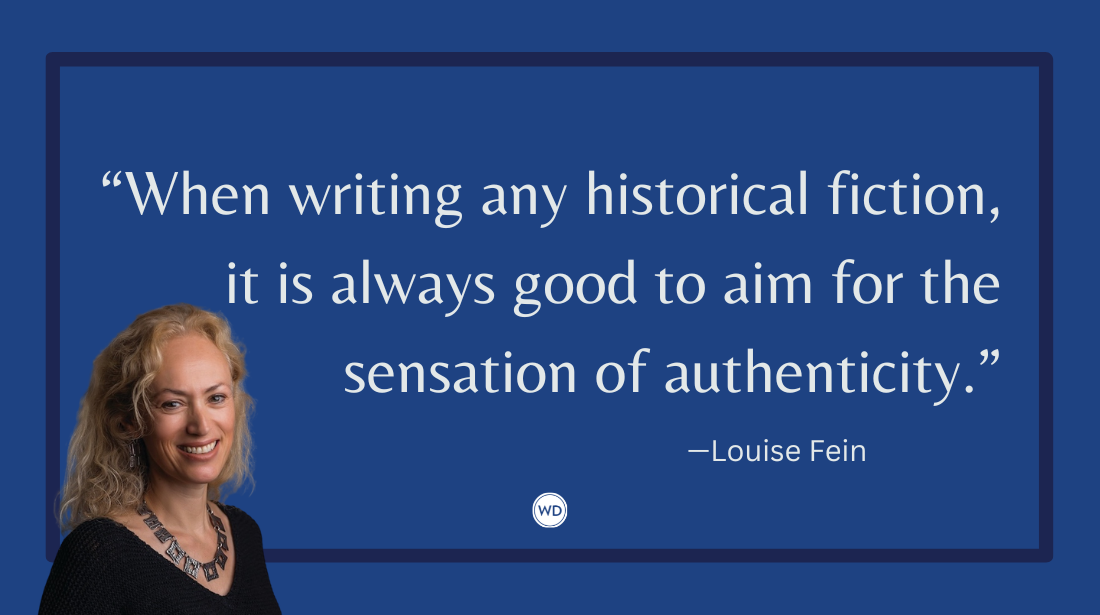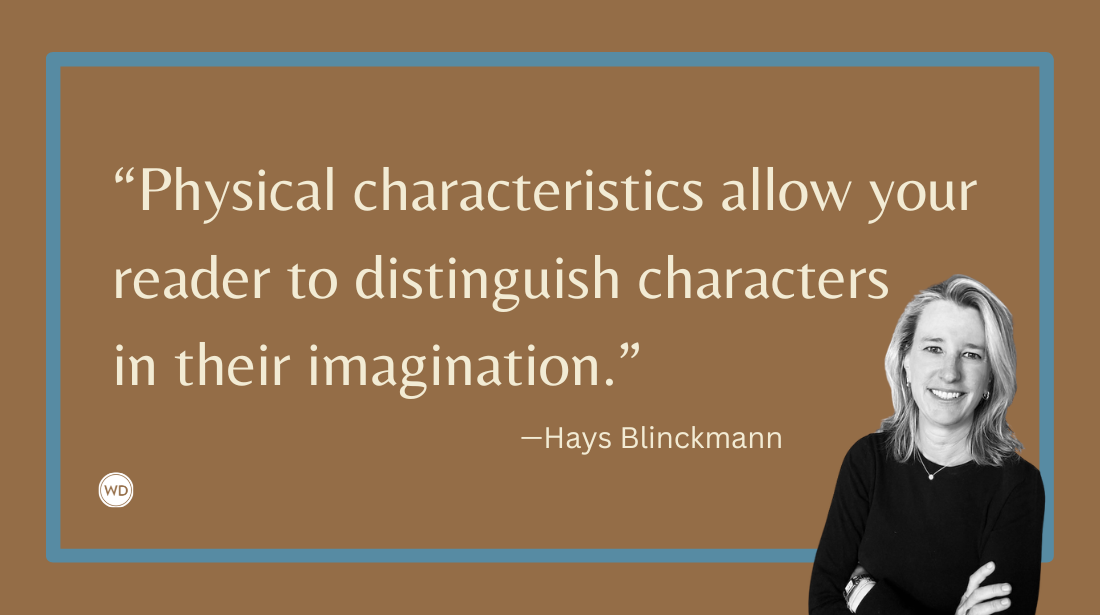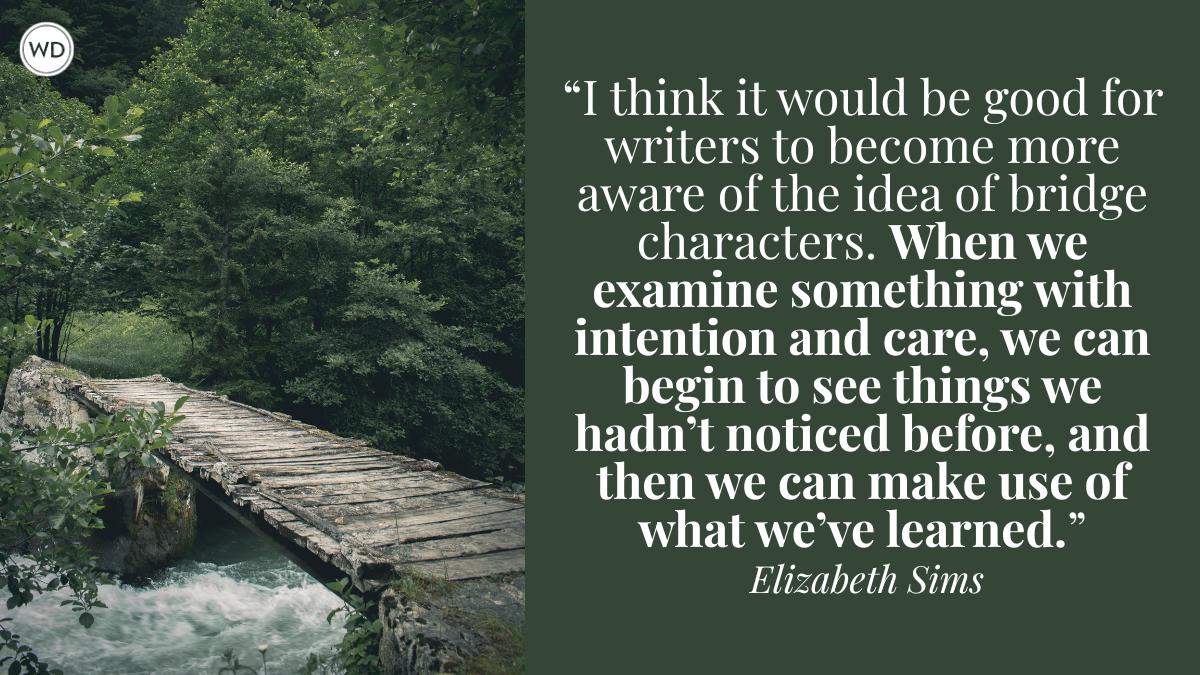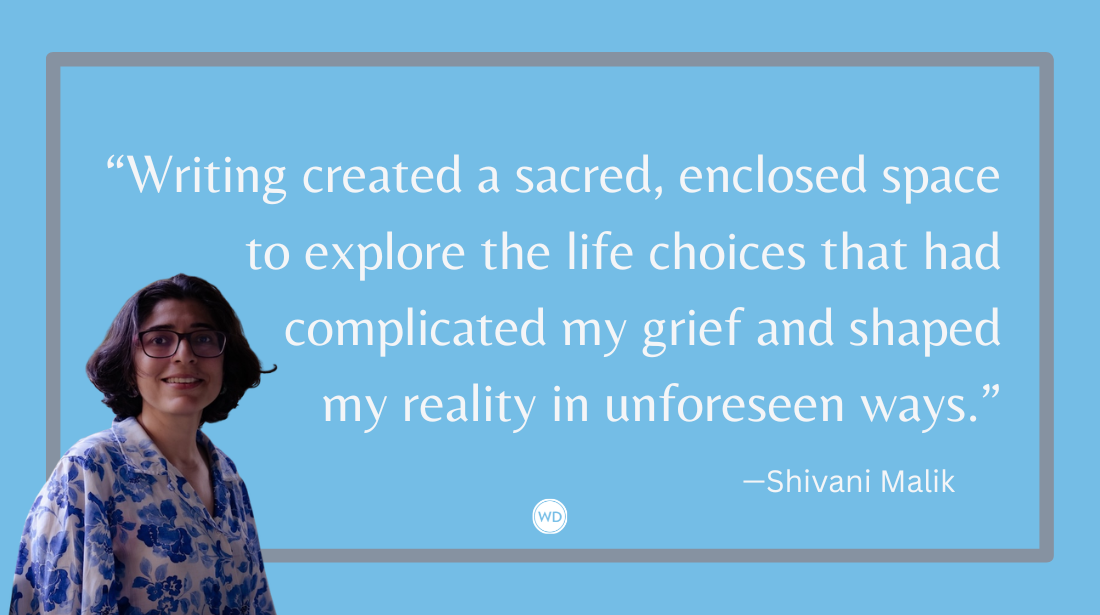Where I’m Writing From: How Experience Shapes Everything in Fiction
Award-winning author James Wade discusses how personal experience shapes everything in fiction for the writer and the reader.
There are no real, all-encompassing rules in writing. Craft and style and tone and voice are all subjective. Everything in writing is subjective, including any proposed rules. There are genres and subgenres and microgenres. There are tropes and subversions of tropes, and there are even subversions of tropes that are used so often they’ve become tropes themselves.
If a character is having a stroke the writer might employ something. Some. Thing. Some. Feeling. To disorient us. Us, the reader. Us, the character. Us, the grammar. Disoriented. Disjointed. Disfigured. Disassembled.
In moments of chaos the writer might choose to amplify the tension by using a stream-of-consciousness style that allows for everything to be thrown at us in long run-on sentences that cascade from one action or feeling or revelation to the next without giving us time to stop or pause or breathe, so that in this denial of conventional grammar and conventional form we might be swept away by the rapidity of the prose as it moves unsparing and unending across the page, and now we the reader, as our own oxygen wanes, are forced to feel the suffocation of the circumstance and the onslaught of emotion it engenders.
Or maybe. Just maybe. The writer creates tension by withholding words. Working in the shadows. Dark. Cold. Unknown.
There are no rules in writing—like don’t repeat things. There is only advice. There is only what works for me and what works for you and what doesn’t work for either of us. But there are some truths. Truths like, you can’t write without reading. Or, being a writer means being rejected in some form at some level. But sometimes truth and advice can blur. Take setting, for example.
My advice is to never set a novel in a place where you haven’t spent considerable time. Setting is the lifeblood of my novels and as such I want to ensure I know everything I can about the flora, the fauna, the weather, the soil. I want to have a firm grasp on the people, the way they talk, the things they believe. What is the history of this place? How did it come to be, and how is its origin still visible in its DNA?
On a panel regarding setting, I once said something melodramatic like, “I’ll never write about a piece of earth I haven’t stood on.”
I may still be cringing at the delivery, but the sentiment is true. Yet, how would that “rule” help a sci-fi writer who sets her story on planet Bartemus? Should Tolkein have waited until he traveled to Middle Earth himself before writing the Lord of the Rings?
Writing is such a vast and unharmonious landscape that there can be no real rules (like don’t repeat things), and yet there is a truth in setting that goes beyond my take-it-or-leave-it advice.
I wrote my first novel while living in a travel trailer. I wrote the first lines in a desert in New Mexico. I wrote the last lines in the Badlands of South Dakota. In between were the high country hills and red rock mountains of Arizona, the southern deserts and northern forests of California, and the goddess-touched vistas of Far West Texas.
My most recent novel, Narrow the Road, was written at a cramped kitchen table with two small children crawling on top of me.
Slightly different vibe, no?
The setting for the plot of my first novel spanned thousands of miles across the Southwest. My current novel plays out across a roughly three-county radius.
But both of these novels were written from the same place. Why? How? Because we all write from somewhere, and that somewhere is—and I say this with complete sincerity, despite the astonishing level of corniness it evokes—inside of us.
My settings, no matter how closely I’ve studied the land, will be rendered—one might even say, “skewed”—from my own point of view. From my own experiences. Not just my experiences in that specific place, but all of my experiences in every place.
My struggles with this world—its religions, politics, and priorities—cannot help but become part of my setting. My fears and anxieties. My joys. Every decision I’ve ever made makes its way at some nanoscopic level into every word I choose. The whole of my existence is there in the description of a single cloud. A writer brings their entire life into the process, whether they want to or not. Whether they’re aware of it or not. And the coolest part is, so does a reader.
Unlike a movie, where we collectively see the exact same images, a book is something we alone create from our unique bank of experiences.
There is a small, red house on a hill.
Even such a modest, uncomplicated sentence, in which there are parameters like “small” and “red,” will still generate a different image in your head than in anyone else’s. How magical is that?
So my sprawling desert setting won’t be identical to yours. The thick pineywood forests will have a different feel for you than they will for me. It’s because of this truth that I believe literature to be the most personal of all artistic mediums. It is art that plays out entirely in the mind of the person consuming it, with their mind and the words on the page being the only reference points they have to co-create it.
Understanding this truth means understanding that no two people have the same mind, and therefore no two people will consume writing in the same way. Which is why there can be no real, all-encompassing rules in writing (like don’t repeat things).
Check out James Wade's Narrow the Road here:
(WD uses affiliate links)









